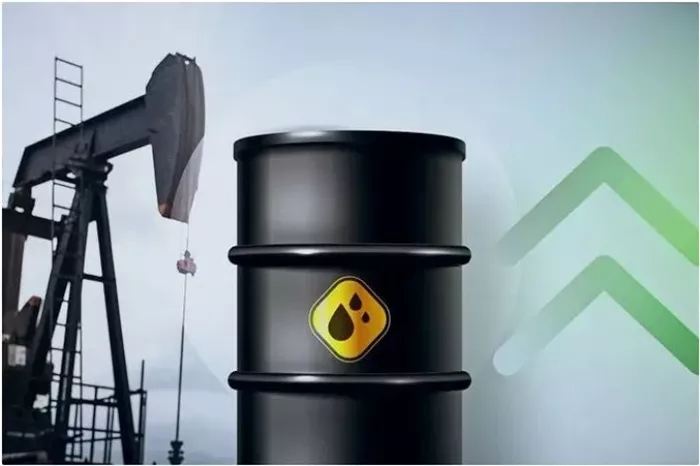Oil prices showed little change during Wednesday’s intraday session following a significant drop of over 4% on Tuesday, reaching a near two-week low. This decline comes amid easing concerns over supply disruptions from Iran. Israeli Prime Minister Benjamin Netanyahu communicated to the Biden administration that Israel is prepared to target Iran’s military infrastructure rather than its oil or nuclear facilities, indicating that U.S. opinions will be taken into account.
As of 1:05 PM ET, Brent crude for December delivery was trading at $74.22 per barrel, unchanged, while WTI crude for November delivery fell by 0.31% to $70.36 per barrel.
The downward pressure on oil prices has been exacerbated by the International Energy Agency (IEA), which has reduced its 2024 oil demand growth forecast for the third consecutive month, now estimating an increase of 862,000 barrels per day (bbl/day), down from a previous forecast of 903,000 bbl/day. The IEA reported that global oil demand rose by 680,000 bbl/day in the third quarter, marking the slowest growth rate since the fourth quarter of 2022, when China was under strict lockdown measures. Furthermore, Chinese demand experienced a year-on-year contraction of 500,000 bbl/day in August, significantly higher than the average decline of 190,000 bbl/day since April. However, the IEA did raise its 2025 global oil demand growth forecast to 998,000 bbl/day, up from 954,000 bbl/day.
Commodity experts at Standard Chartered noted that oil prices have exhibited erratic behavior in October, mirroring the volatility seen in September. The Brent forward curve has remained relatively flat, reflecting an almost parallel downward shift over the past week. Market sentiment, particularly among speculative traders, is overwhelmingly bearish, reminiscent of the conditions seen in late 2008 during the onset of the Global Financial Crisis. Key concerns dominating the oil market include expectations of a macroeconomic downturn, weak oil demand, and persistent fears of oversupply in 2025. Nevertheless, Standard Chartered suggests that concerns regarding oversupply may be overstated due to ongoing uncertainties surrounding supply.
In terms of demand forecasts, Standard Chartered highlights a significant gap between the IEA and OPEC estimates, particularly concerning OPEC+ oil output. The IEA’s estimates indicate OPEC crude oil production could be 700,000 barrels per day higher than previously thought, while the total liquids output could exceed estimates by 1.323 million barrels per day. Conversely, the OPEC Secretariat’s figures are more aligned with the U.S. Energy Information Administration (EIA) estimates. The discrepancy between IEA and EIA supply estimates is crucial, as it correlates with the IEA’s prediction of a 2025 surplus, which has contributed to the current bearish market sentiment. Standard Chartered emphasizes that these differences in supply and demand estimates can significantly influence OPEC producer policy.
On a more optimistic note, Standard Chartered’s analysis suggests that the IEA model indicates a global stock draw of 370,000 bbl/day in the third quarter of 2024, even when accounting for potential ghost barrels. Their model also anticipates a slight supply deficit of 200,000 bbl/day in the first half of 2025, provided that Russia, Iraq, and Kazakhstan adjust their production to compensate for past overproduction. OPEC has indicated that these three members have submitted plans to rectify overproduced volumes, with Russia expected to compensate for a cumulative 480,000 bbl/day, Iraq for 1,184,000 bbl/day, and Kazakhstan for 620,000 bbl/day over the next 15 months.
Regarding geopolitical developments, Standard Chartered observes that traders are adopting a short-term focus, responding primarily to immediate news rather than considering potential long-term shifts in Iran’s foreign relations or its responses to further attacks. The firm predicts that oil prices may rise as short-term headlines fade and the market adjusts to the underlying fundamentals.
Related topic:

